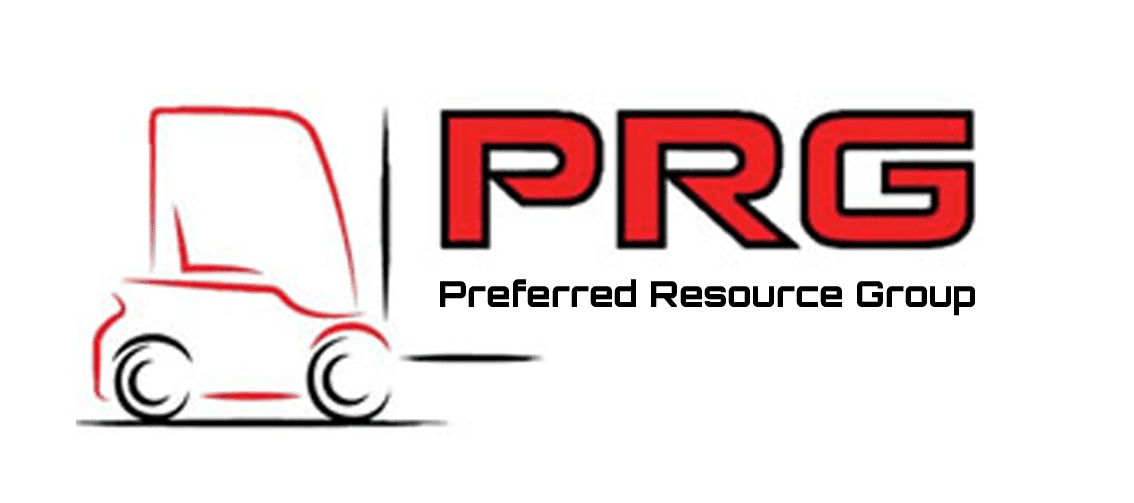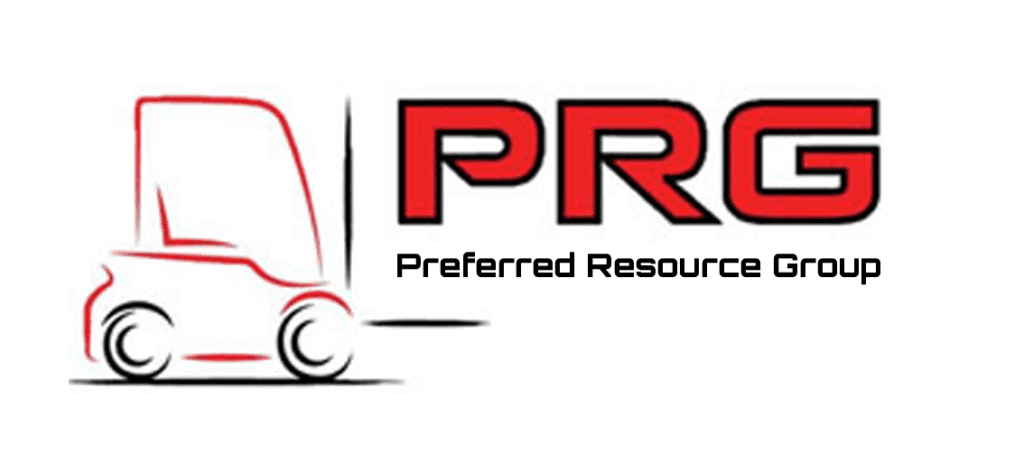It’s difficult to run a business that requires a lot of physical labor. Regular equipment isn’t enough in some situations, whether it’s a construction site moving massive beams or a busy warehouse with tall stacks of containers.
Have you ever had trouble lifting anything heavier than your equipment can handle? Large-capacity forklifts fill that demand by providing the strength required for heavy jobs. Let’s explore when and why these heavy-duty forklifts can help you overcome your heavy-lifting difficulties.
What is Large Capacity Forklift?
Large-capacity forklifts are the cornerstone of material handling equipment. Unlike traditional forklifts, these machines are made to lift at least 15,000 pounds of weight.
They are built with strong frames, potent engines, and state-of-the-art stabilization systems and are intended for industries that handle big, heavy-duty loads like steel beams, shipping containers, or industrial equipment.
To put it briefly, they are made for applications where standard forklifts would not work.
4 Type of Large Capacity Forklift
The task at hand frequently determines which forklift is best. The most popular kinds of large-capacity forklifts are broken down as follows:
1. Electric Large Capacity Forklifts
Electric forklifts are silent, emission-free, and need minimal maintenance, making them perfect for interior settings. They are ideal for warehouses where a quiet, hygienic work environment is crucial.
2. Diesel-Powered Forklifts
Diesel-powered forklifts work well in environments like construction sites and freight yards since they are built for outside operation. Because of their robust design and potent output, they are ideal for managing difficult tasks in difficult settings.
3. LPG or Gas-Powered Forklifts
For businesses that work in a range of environments, LPG forklifts provide flexibility because they function effectively both indoors and outside.
4. Rough Terrain Forklifts
The strong suspension systems and huge tires of rough terrain forklifts, which are made for challenging terrain, make them perfect for construction sites and uneven terrain.
When Do You Need a Large Capacity Forklift?
Here are the scenarios where investing in a large capacity forklift becomes a no-brainer:
- Frequent Heavy Loads: Do you frequently move heavy objects like big containers or steel coils? A smaller forklift might give way under the pressure.
- Expanding Operations: The size and weight of your shipments will increase as your company expands. A forklift with a big capacity aids in meeting rising needs.
- Specialized Requirements: Construction, transportation, and manufacturing are among the industries that frequently handle loads requiring high-capacity equipment.
- Safety Concerns: In addition to being ineffective, overloading smaller forklifts poses a serious safety concern.
Why Choose a Heavy-Duty Forklift?
Purchasing a heavy-duty forklift has the following benefits:
- Enhanced Productivity: Think about completing a task that used to take hours in a matter of minutes. These forklifts run more smoothly and swiftly due to their efficiency-focused design.
- Increased Safety: It is dangerous to handle high weights with underpowered equipment. Large-capacity forklifts are outfitted with cutting-edge safety measures to safeguard materials and workers.
- Longevity: Having durability is crucial. These devices are made to endure heavy use, which lessens the need for regular maintenance and replacement.
- Specialized Capabilities: These forklifts can handle a range of heavy-duty tasks in a factory, port, or construction site because of their versatility.
Factors to Consider When Choosing a Large Capacity Forklift
Capacity is not the only consideration when choosing a heavy-duty forklift. Numerous variables are involved, all of which affect how well the forklift will meet your demands. Let’s examine the following points in more detail:
Nature of Your Loads
Think about what you are lifting. Do you have big, erratic loads or compact, consistently formed loads? For instance, steel beams need a forklift with strong load stability, and large boxes can require attachments or prongs that can be adjusted.
Operating Environment
The surroundings are quite important. Because of its silent operation and low emissions, an electric forklift can be your best option if you’re operating indoors. Rough terrain forklifts, on the other hand, are perfect for yards with uneven ground or outdoor building projects.
Space Constraints
Consider how your workstation is set up. You’ll need a forklift with a tiny turning radius and exceptional mobility if your location has congested storage areas or limited passageways.
Weight and Height Requirements
Determine how much weight and how high you need to lift. Knowing your unique operating requirements will help you select a forklift that is compatible with your operations. Forklifts come in a variety of capacities and lift heights.
Budget and Operational Costs
Think about the long-term expenses in addition to the purchase price. These consist of the cost of gasoline, upkeep, and repairs. Although electric vehicles may cost more upfront, they will cost less in gasoline and maintenance over time.
Searching for Forklift Dealer? Consider PRG Equipment
One of the industry’s most reputable brands for forklifts is PRG Equipment. Our solutions are customized to meet your demands, whether you’re looking for a forklift truck for sale or need expert guidance.
By working with PRG Equipment, you’re investing in long-term dependability and support rather than simply a machine.
Wrapping Up
A heavy-duty forklift is more than just a piece of equipment; it is essential to growing operations in a safe and efficient manner. Along with handling challenging tasks with ease, these machines help businesses fulfill rising standards without compromising quality.
By understanding your needs and the options available, you can choose the forklift that best meets your goals and ensures long-term success.
FAQ’s
- What is a heavy-duty forklift called?
Ans: Industrial forklifts and high-capacity forklifts are common names for heavy-duty forklifts.
- What is the weight capacity of a heavy-duty forklift?
Ans: Generally speaking, heavy-duty forklifts can move loads between 15,000 and 100,000 pounds.
- What is the capacity of a 5-ton forklift?
Ans: With a 10,000-pound lifting capability, a 5-ton forklift is appropriate for medium-sized jobs.
- How to calculate forklift capacity?
Ans: Take into account the forklift’s weight distribution, lifting height, and load center when calculating capacity. Accurate information is provided by manufacturer specs.
- Are electric forklifts suitable for heavy lifting?
Ans: Yes, although in indoor settings, they work best with moderate loads. For heavy loads, diesel forklifts are frequently superior.


